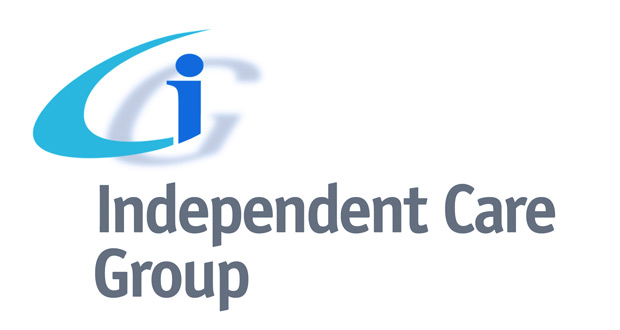Worried Care Providers Write To Commissioners About Closure Fears
 A leading social care group is writing an urgent letter to commissioners amidst fears that providers could close due to the introduction of the National Living Wage.
A leading social care group is writing an urgent letter to commissioners amidst fears that providers could close due to the introduction of the National Living Wage.
A recent survey by the Independent Care Group (York and North Yorkshire) found that dozens of social care providers feared for their future survival.
Now the group is writing to local councils and health trusts who commission social care warning that the introduction of the NLW, coming on top of severe financial cutbacks, poses a real threat to the delivery of social care across the region.
The Group’s Chair, Mike Padgham, said: “Commissioners need to know the truth about the state of social care providers at this time and the very real threat to service delivery we are facing because of potential provider closures.
“Providers have told us in no uncertain terms that the NLW is one added expense too far and that for some it could be the end.”
The group is in negotiation with North Yorkshire and City of York councils and with local NHS clinical commissioning groups to try to increase the fees they pay for care to alleviate the impact of the new National Living Wage, which came in at the start of last month.
The Independent Care Group (asked its members what they felt the impact of the National Living Wage would be. Some 82% said they feared the extra cost would have some or significant negative impact on their businesses.
And when asked about the future, two per cent feared they would close within a year, five per cent within two years and 10 per cent within three years.
The last six years has seen more than £5bn cut from social care budgets and the amount local authorities pay to providers to offer care has been savagely cut back. The National Living Wage saw the minimum pay for staff aged over 25 rise to £7.20 an hour -the current national minimum wage is £6.70. Social care providers say this will have a devastating effect on their already struggling businesses.
“Unless we can get greater recognition from those who commission care of the dire situation the sector is in, there is no doubt that we will see the provider closures our members predict with the consequent disruption to service,” Mr Padgham added.
“Commissioners and ultimately the Government have to realise that the introduction of the NLW, coming as it has on top of the toughest period the social care sector has ever faced, is going to be extremely damaging unless it is properly funded.”
The Independent Care Group surveyed more than 400 members and was delighted with a response rate of around 32%.
Respondents were in favour of the introduction of the NLW, with 69% agreeing or strongly agreeing that it was a good idea. Most, (62%), felt it was at the right level.
However, 51% disagreed or strongly disagreed that it was being introduced at the right time and 80% did not think it would attract more people to the care sector.
In the forecast for the next one, two and three years, respondents predominantly felt they would either see no change, a decline or even closure.
Over the period, a fairly static proportion (from 40 to 44%) thought they would see a decline and 2% felt they would close within a year, 5% within two years and 10% within three years.
Another homecare provider added: “Capacity everywhere is pushed to the limit. Only those local authorities meeting the whole cost for providers are fulfilling their obligation to ensure providers can pay a fair rate. The Care Act states… “When commissioning services, local authorities should assure themselves and have evidence that service providers deliver services through staff remunerated so as to retain an effective workforce. Remuneration must be at least sufficient to comply with the national minimum wage legislation for hourly pay or equivalent salary.”






